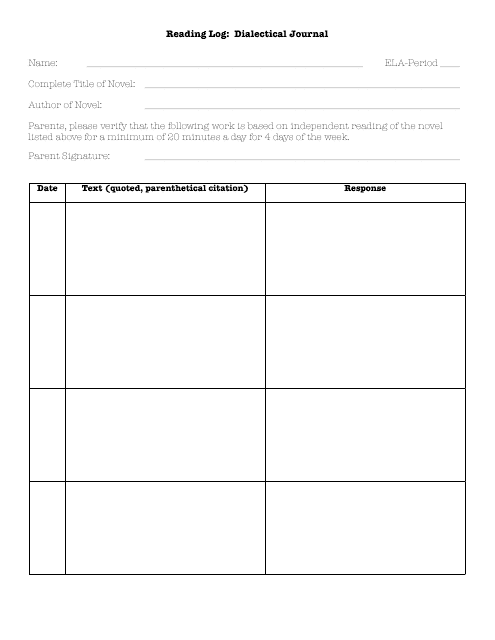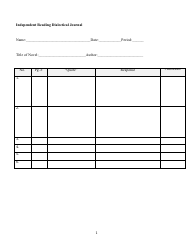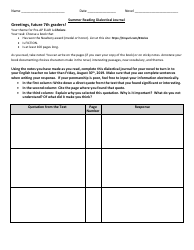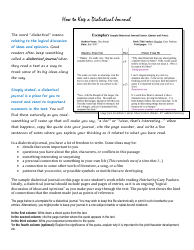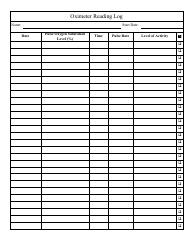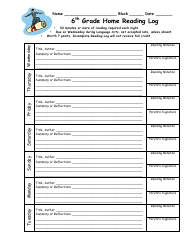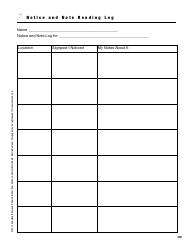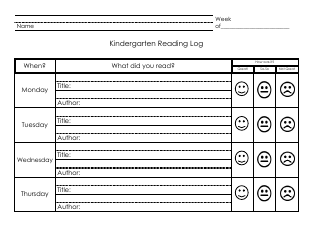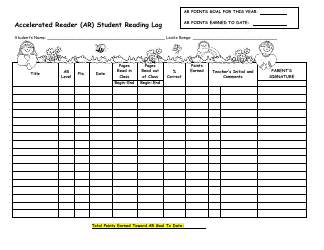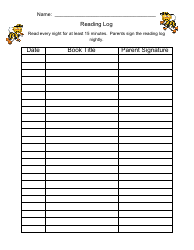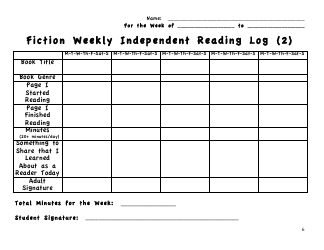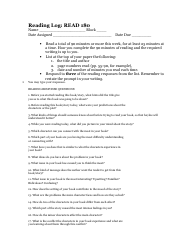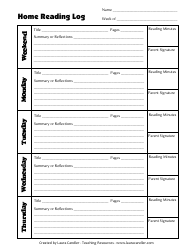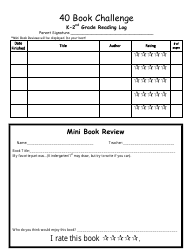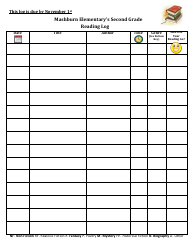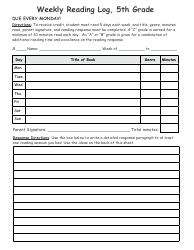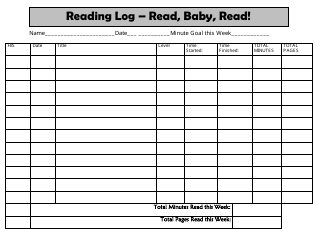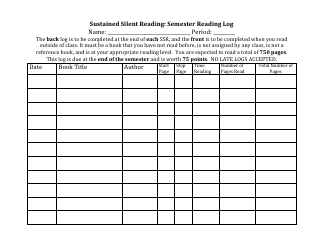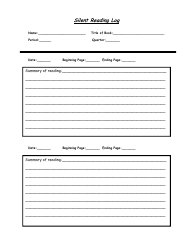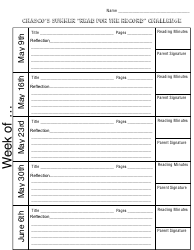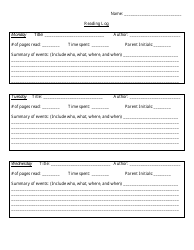Dialectical Journal Template - Reading Log
A Dialectical Journal Template is a tool used for analyzing and tracking key quotes or passages from a text and reflecting on their meaning and implications. It helps readers engage with the text by promoting critical thinking, making connections, and fostering dialogue between the reader and the author's ideas.
The dialectical journal template is typically filed by students who use it to record their thoughts and reflections while reading a text.
FAQ
Q: What is a dialectical journal?
A: A dialectical journal is a type of note-taking that involves recording quotes from a text and analyzing their meaning.
Q: How is a dialectical journal organized?
A: A dialectical journal is typically organized into two columns: one for recording quotes from the text and one for analyzing the quotes.
Q: What is the purpose of a dialectical journal?
A: The purpose of a dialectical journal is to engage with the text, deepen understanding, and make connections between the text and personal experiences or other texts.
Q: How do you analyze quotes in a dialectical journal?
A: When analyzing quotes in a dialectical journal, you should consider the author's intent, literary techniques used, and the meaning or significance of the quote in relation to the text.
Q: Can a dialectical journal be used for any type of text?
A: Yes, a dialectical journal can be used for any type of text, including novels, articles, poems, and plays.
Q: Is a dialectical journal only used in English classes?
A: No, while dialectical journals are commonly used in English classes, they can also be used in other subjects like history or philosophy to engage with primary source documents.
Q: Are there specific rules or guidelines for creating a dialectical journal?
A: Yes, the organization and format of a dialectical journal may vary, but generally it should include quotes, analysis, and page numbers. Teachers may provide specific guidelines.
Q: What are the benefits of using a dialectical journal?
A: Using a dialectical journal can help improve reading comprehension, critical thinking skills, and engagement with the text.
Q: Can a dialectical journal be used for group discussions?
A: Yes, a dialectical journal can be used as a starting point for group discussions about the text, allowing for different perspectives and interpretations.
Q: How can I get started with creating a dialectical journal?
A: To get started with creating a dialectical journal, choose a text, decide on the format and organization, and start recording quotes and analyzing them as you read.
